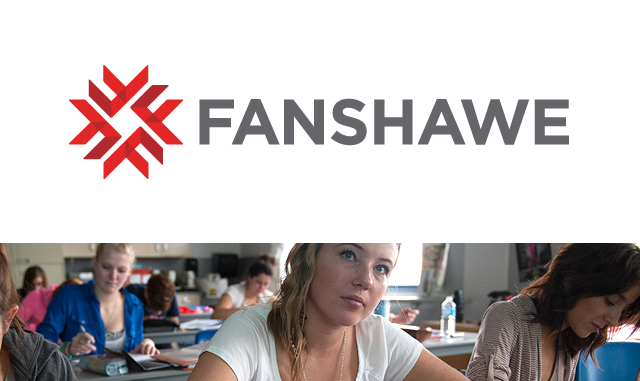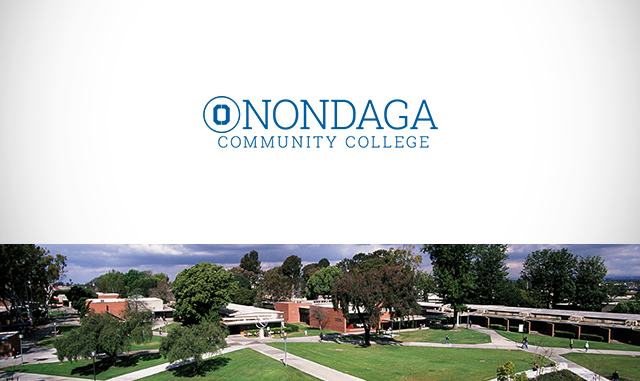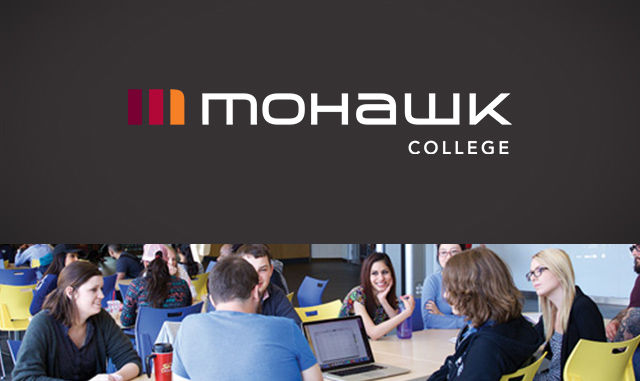School of Continuing Studies
With its enrolment numbers stagnating but market demand for continuing education and professional development certification on the rise, the University of Toronto School of Continuing Studies (SCS) was keen to address several online usability issues and administrative ‘pain points’ holding back its impressive continuing studies offering.
Completed within nine months, this Drupal 8 solution significantly improves SCS’ bottom line. Fast, both in page load and site search times, it is easy to navigate, responsive and accessible; it integrates with several SCS backend IT systems, is secure, and provides a single platform and smart workflow for site administrators.
Most of all, SCS was able to keep its existing custom middleware solution without compromising SEO. With course content and key data now finally indexable by search engine crawlers, SEO has vastly improved, rank has skyrocketed, and enrolment numbers are on the rise.
Key Features
- Academic wish list for students and prospects to keep track of the courses and sessions they want to attend, without registration on the site, shareable via social media
- A blended search pulls data from three different pools of content, structured to help visitors find the information they need
- Destiny integration for real-time display of section availability on course pages and in the wishlist
Let's take a more in-depth look at this project!
Background
A trio of websites serve the SCS mission and cater to target audiences. The first point of contact for most potential students is the SCS website. It serves several purposes: Engagement, registration information, and communication.
Two other websites support SCS activities: an English Language Program sister site and a Comparative Education Service minisite. These two sites have similar functions but support the unique needs of the international student or new Canadian. Neither site shares the same content management system as the SCS site or with each other, and all are at different stages of life-cycle, leading to a host of issues which tax IT resources.
Not helping matters is SCS’s existing custom middleware solution that houses real-time course data. This middleware prevents its content from being crawled and indexed by search engines - an activity needed to boost rankings in SEO.
Solution
Armed with a list of requirements and a vision of success, SCS turned to Digital Echidna for assistance.
Digital Echidna completed an extensive user analysis to understand motivations around enrolment. Results of this analysis informed the new site architecture, visual design, and site search experience.
Site content and existing functionality were integrated from the three legacy properties spanning various CMSes, including WordPress, to one Drupal 8 content management system. The English Language Program sister site is now a subsite of the new SCS parent site and exists alongside the updated Comparative Education Service subsite, significantly reducing the burden of tech support and site care.
These new sites automate even more elements of the engagement process to produce a smoother, more informative experience leading to a higher volume of conversions.
Added site personalization informs SCS of market and consumer behaviour so it can scale and adjust as needed, to market needs.
Correcting the SEO issue took the most time and effort. Because of SCS’ dependency on, and desire to keep, its aforementioned custom middleware solution, the new site hinges on a complex blend of Drupal 8 and AngularJS. This configuration makes headless course search possible and allows search engines to crawl and index what had previously been blocked from their view.
Other Key Integrations
Course calendar, Class schedule, User profiles, Destiny One (non-credit registration), External RSS, Twitter blocks, Facebook and Linked In campaign trackers, Course data exposed to external services (APIs), Staff directory, Campus org chart, Staff profile pages, Channels news and events, Solr-powered search, Headless user experience.




